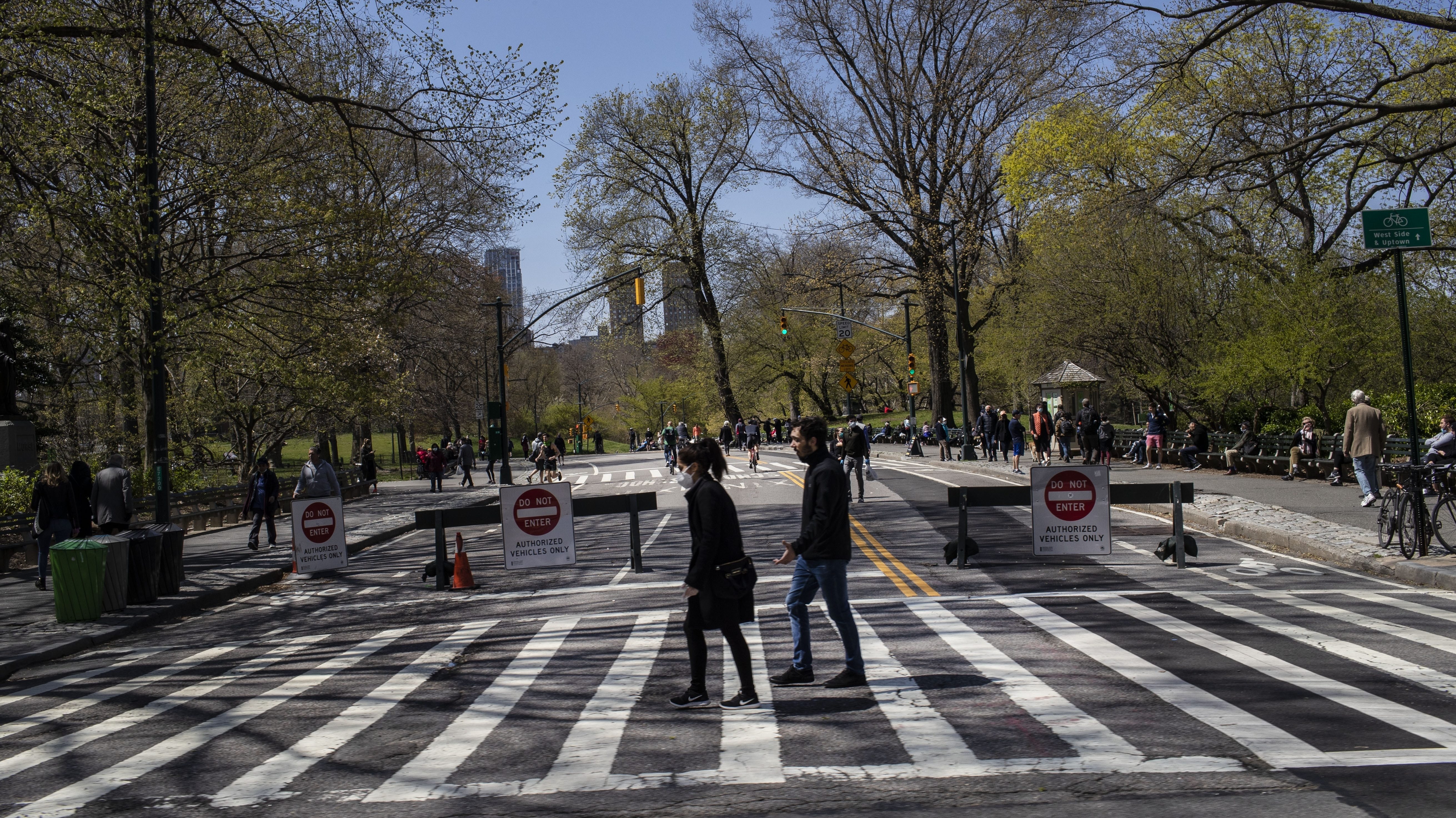The US needs to do 20 million tests a day to reopen safely, according to a new plan

The news: A group of experts has produced a plan for the US to reopen its economy safely this summer. However, it’s contingent on doing at least 20 million tests every day, scaling up contact tracing, and ensuring that those who need to isolate can be properly supported.
The report, produced by 45 cross-disciplinary experts assembled by Harvard University’s Edmond J. Safra Center for Ethics, says we need to be doing 5 million tests a day by early June in order to start reopening the country, increasing to 20 million by midsummer to fully end the shutdown. From the start, the World Health Organization has said the only way to beat the virus is to “test, test, test.” That message seems to finally be getting through.
How we get there: The level of testing needed depends on our being able to effectively trace the contacts of those infected with coronavirus, warn those people they’ve been exposed, test them, and isolate everyone who tests positive, the report says. We’d need to provide job protection and support for those who have to isolate, including food deliveries and care packages. That involves hiring an army of contact tracers—at least another 100,000 people.
It also requires us to massively scale up testing by incentivizing the private sector to create new solutions at speed, the authors say. This could be coordinated by a Pandemic Testing Board set up by the federal government and given the task of securing the needed testing supplies and infrastructure. This program would be expensive: $50 to 300 billion over two years. However, the report authors say, it is dwarfed by the economic cost of continued collective quarantine: $100 to 350 billion every month.
The benefits of this approach: Implementing a lockdown does not “beat” the virus—effectively it just hits pause on its spread until we’re able to come up with a way to treat it or reduce the number of cases to the point where they’re traceable. This plan would avoid the need for endless cycles of opening up then shutting down the economy until we find a vaccine.
Contingent on support: Regardless of its merits, this plan will only succeed with backing from businesses and politicians. Landing an endorsement from a household-name politician or a big company—perhaps one of the tech or retail giants—would help push it closer to reality. Crucially, it cannot become a reality unless it receives enough funding—and fast. Perhaps the awful human toll will help to focus minds: the US has 759,786 confirmed covid-19 cases as of this morning, and 40,683 people have died.
Deep Dive
Biotechnology and health
The risk of a bird flu pandemic is rising
Human cases in the US are on the rise and the virus is turning up in cows and dairy products. Luckily, we have some vaccines ready to go if needed.
Digital twins of human organs are here. They’re set to transform medical treatment.
The models can be used to plan surgeries and in the future could be used to help trial new drugs.
Who should get a uterus transplant? Experts aren’t sure.
Around 135 transplants have been performed, but it's probably too soon to offer the procedure to trans women.
How poop could help feed the planet
Once you get over the ick factor, new technologies are efficiently transforming human waste into agricultural solutions.
Stay connected
Get the latest updates from
MIT Technology Review
Discover special offers, top stories, upcoming events, and more.